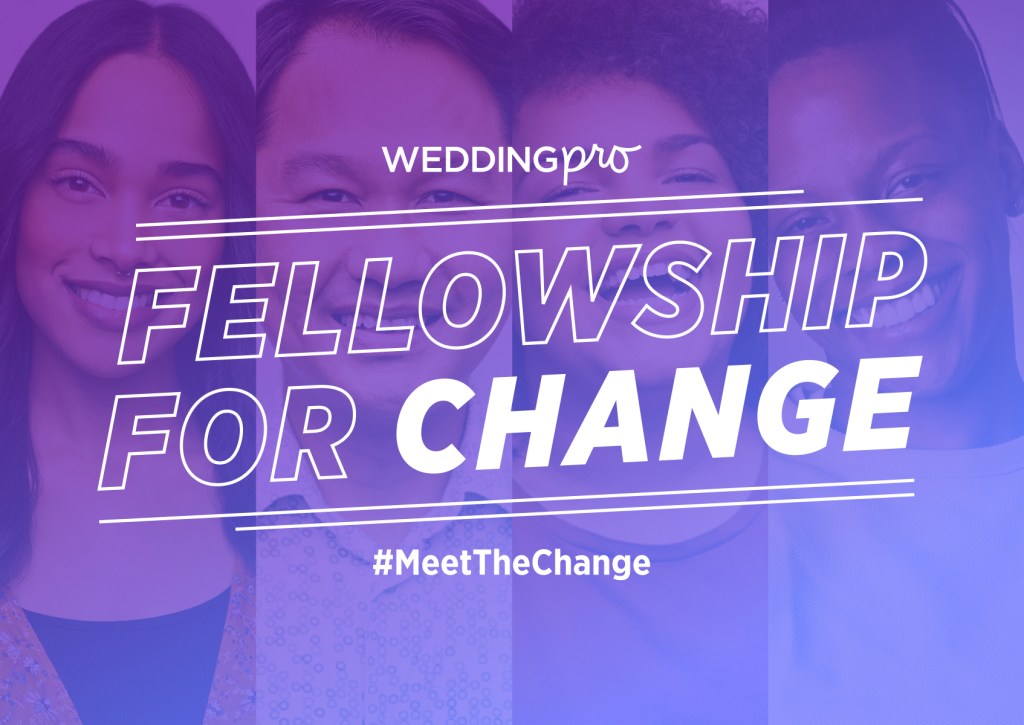New PPP Changes Help the Smallest Businesses and Solopreneurs

Last Updated February 24, 2021
On February 22, President Biden announced changes to the existing COVID-19 relief lending program, the Paycheck Protection Program (PPP). The policy changes are aimed at helping smaller businesses, including many minority-owned solopreneurs and enterprises, which the PPP loan program may have left behind until now. Specifically, the smallest companies that lacked the resources to apply quickly or groups that the old rules disqualified may gain greater access to PPP loans.
Here are some of the key changes that could help your business:
- Exclusive Application Period for the Smallest Businesses: From February 24 to March 9, the Small Business Administration (SBA) is implementing a 14-day period during which only businesses with 20 or fewer employees can apply for a PPP loan through PPP lenders. This helps ensure that lenders give priority to these smaller businesses that may not have been able to get their applications to the front of the line. If your company meets these criteria and you want to apply, or if you are waiting on the status of your existing application, contact your PPP lender ASAP.
- New Loan Calculation for Sole Proprietors, Independent Contractors and Self-Employed: The amount of loan money these types of businesses qualified for used to be based on annual profit reported on their tax returns. Now, for loans made after the rules go into effect, it will reportedly be based on gross income, excluding expenses that reduce profit numbers. This can mean bigger loan amounts for these businesses.
- Relaxed Borrower Qualifications: Previously, some small business borrowers could be disqualified if they were not U.S. citizens, personally had (non-fraud) felonies on their records or were in default on their federal student loan debt. These rules often hit minority and immigrant business communities especially hard. Now, borrowers in those categories will be eligible to apply for PPP loans. Non-U.S. citizens will still need to show that they are lawful U.S. residents to be eligible.
These new rule changes could mean more help for some of the smaller businesses and solopreneurs hardest hit by the COVID-19 pandemic. The SBA guidance implementing these changes is still in progress, so check the SBA website and your PPP lender regularly for the most up-to-date information on when and how these new rules will apply.
Information and guidance on COVID-19 relief programs is changing rapidly. Regularly check the SBA and other government websites for the most up-to-date information. This post is for informational purposes only, and is not intended to provide legal, financial or tax advice. We recommend that you consult your legal, financial and tax advisors about your personal circumstances.
Photo Credit: ColorJoy Stock
Let's grow your business together!
Start advertising on The Knot and WeddingWire, the top two wedding planning platforms.
What is new!
- Sneak Peek: The Knot Real Weddings Study for Vendors
- Navigating a New Era: Venue Insights from The Knot’s 2026 Real Weddings Study
- Navigating a New Era: Vendor Insights from The Knot’s 2026 Real Weddings Study
- Wedding Marketplaces and How They Work
- The Marketing Metrics Every Wedding Pro Needs to Know


